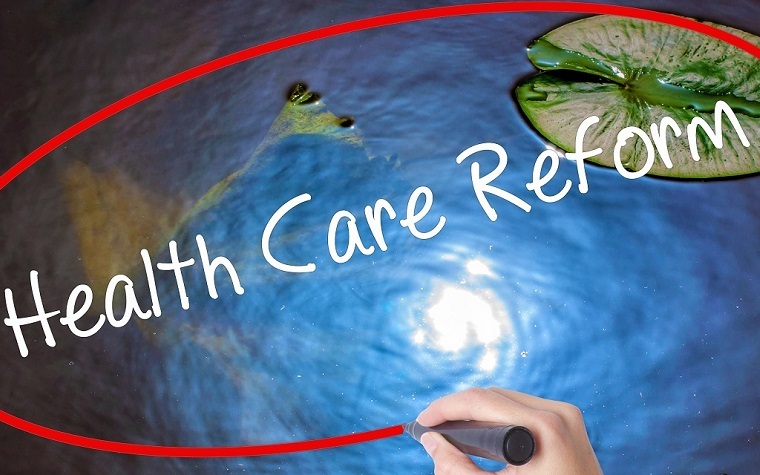
Without federal reform and changes to health care incentives, New York's Medicaid system will continue to be a bloated burden to other states, a researcher from a free market-oriented education think tank said during a recent interview.
"Medicaid’s broken financing structure has led many states, like New York, to employ loads of financing gimmicks to artificially inflate their Medicaid programs," Brian Blase, senior research fellow at George Mason University's Mercatus Center, said during a Patient Daily email interview. "New York has a long standing mantra: 'If it moves, Medicaid it; if it doesn’t, depreciate it.'"
Blase's findings about Medicare in New York, and how that state's system punishes other states, was published in a recent Forbes op-ed piece.
"Despite being one of the nation’s wealthiest states, New York receives about $6 billion a year more in federal Medicaid spending than its residents pay in federal taxes to finance other states’ Medicaid spending," Blase wrote. "In contrast, New Jersey receives about $6 billion a year less in federal Medicaid spending than its residents pay in federal taxes to finance other states’ Medicaid spending. Without fundamental Medicaid reform that ends the open-ended federal reimbursement of state Medicaid spending, states, exemplified by New York, will continue to grow large, bloated Medicaid programs that provide too little value to many program enrollees to justify the expense. And states like New Jersey, which have not grown such expensive programs, will continue to lose wealth to those that have."
New York's Medicaid program reportedly is designed to provide health care to residents in the state who fall below certain income limits. A single person who makes less than $15,800 a year is eligible, as is a family of eight that brings in less than $54,384.
New York's Medicaid program at times seems easy to game. About a year ago, the health care charity Beth Abraham Family of Health Services agreed to pay $18.7 million to the federal government and $28 million to the state of New York to settle Medicaid fraud allegations. In December, a former Cropsey Medical Care patient recruiter and an operations manager were sentenced in federal court following a state and federal investigation into a $13 million kickback and health care fraud case.
The state's Medicaid program has its critics and supporters, most of them speaking up along political lines. A New York Times editorial published Christmas Day urged Democrats to push back hard should President-elect Donald Trump make changes to federal health care programs that will hurt older and sicker people.
However, Blase told Patient Daily that energy would be better directed elsewhere if New York really does want to reform its bloated Medicaid program. That would require the state to target the actual cause of problems with its Medicaid system, Blase said.
"To make things better, the open-ended federal reimbursement rate should be replaced with a fixed-payment structure," Blase said. "This would incentivize states to spend less money and focus on the people who truly need public assistance."
Blase is not optimistic there will be improvements in New York's Medicaid system any time soon, but said there are ways to force change.
"New York will not change unless Medicaid is reformed and the incentives facing states change," he told Patient Daily. "If the incentives facing states change, New York won’t be able to 'Medicaid it' anymore."